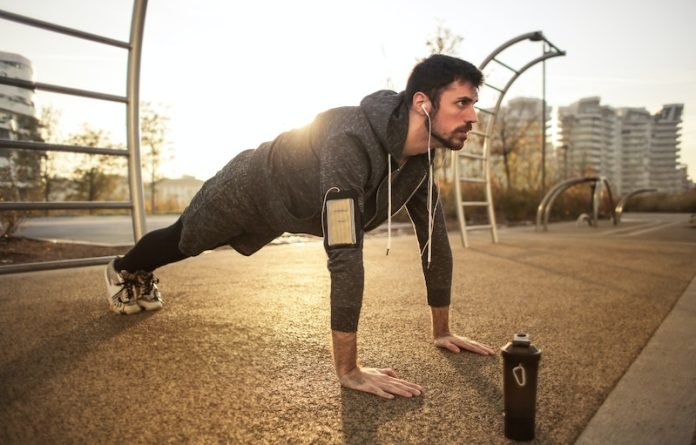
Statin medication is a type of drug that is commonly prescribed to people with high cholesterol. These drugs are very effective at lowering cholesterol and reducing the risk of heart disease.
However, some people who take statins experience muscle pain and weakness, which can make it difficult for them to engage in physical activity.
This is a problem because physical activity is an important way to prevent heart disease.
Recently, a study looked at the impact of statin therapy on muscle injury, pain, and fatigue in people who engage in moderate-intensity exercise, such as walking.
The study found that statin therapy does not make muscle pain or weakness worse during moderate exercise. This is good news for people who need to take statins but also want to exercise to stay healthy.
Physical activity is important for maintaining good health. It can help to reduce the risk of many chronic diseases, including heart disease, stroke, diabetes, and certain types of cancer.
In addition, regular physical activity can help to improve mental health and overall quality of life.
However, some people who take statins may avoid physical activity due to the muscle pain and weakness that they experience. This can be a problem because physical inactivity is a risk factor for heart disease.
Statin therapy is very effective at reducing the risk of heart disease. These drugs work by reducing the amount of cholesterol in the blood, which can help to prevent the build-up of plaque in the arteries.
Plaque build-up can lead to a heart attack or stroke. However, some people who take statins experience muscle pain and weakness.
This can be a side effect of the medication, and it can make it difficult for them to engage in physical activity.
The recent study looked at the impact of statin therapy on muscle injury, pain, and fatigue during moderate exercise.
The researchers compared symptomatic and asymptomatic statin users to non-statin-using controls.
Symptomatic statin users had experienced muscle cramps, pain, or weakness, while asymptomatic statin users had not. All participants walked 30-50 km per day for four consecutive days at a self-selected pace.
The researchers found that statin therapy did not make muscle pain or weakness worse during moderate exercise. This is good news for people who need to take statins but also want to exercise to stay healthy.
It means that they can engage in moderate exercise without worrying about the impact of the medication on their muscles.
The study has important implications for the management of heart disease. It suggests that statin therapy is safe for people who want to engage in physical activity.
This is important because physical activity is a key component of preventing heart disease.
Regular exercise can help to reduce the risk of heart disease by improving cardiovascular health and reducing the risk of other chronic diseases, such as diabetes and stroke.
In addition to the benefits of physical activity, there are other lifestyle factors that can help to prevent heart disease.
These include maintaining a healthy weight, eating a balanced diet, quitting smoking, and managing stress.
By adopting these lifestyle habits, people can reduce their risk of heart disease and improve their overall health and well-being.
It is important to note that not all people who take statins experience muscle pain or weakness. These side effects are relatively uncommon, and most people who take statins are able to tolerate them without any problems.
However, for those who do experience these side effects, it is important to talk to their doctor. There may be alternative medications that can be used, or the dosage of the statin may need to be adjusted.
In conclusion, the recent study suggests that statin therapy does not make muscle pain or weakness worse during moderate exercise.
This is good news for people who need to take statins but also want to engage in physical activity to prevent heart disease.
If you care about muscle, please read studies about why cholesterol-lowering drug statins can cause muscle pain, and this oil may boost muscle function and size in older people.
For more information about wellness, please see recent studies that Krill oil could improve muscle health in older people, and Jarlsberg cheese could help prevent bone thinning disease.
The study was conducted by Neeltje A.E. Allard et al, and published in the Journal of the American College of Cardiology.
Copyright © 2023 Knowridge Science Report. All rights reserved.



